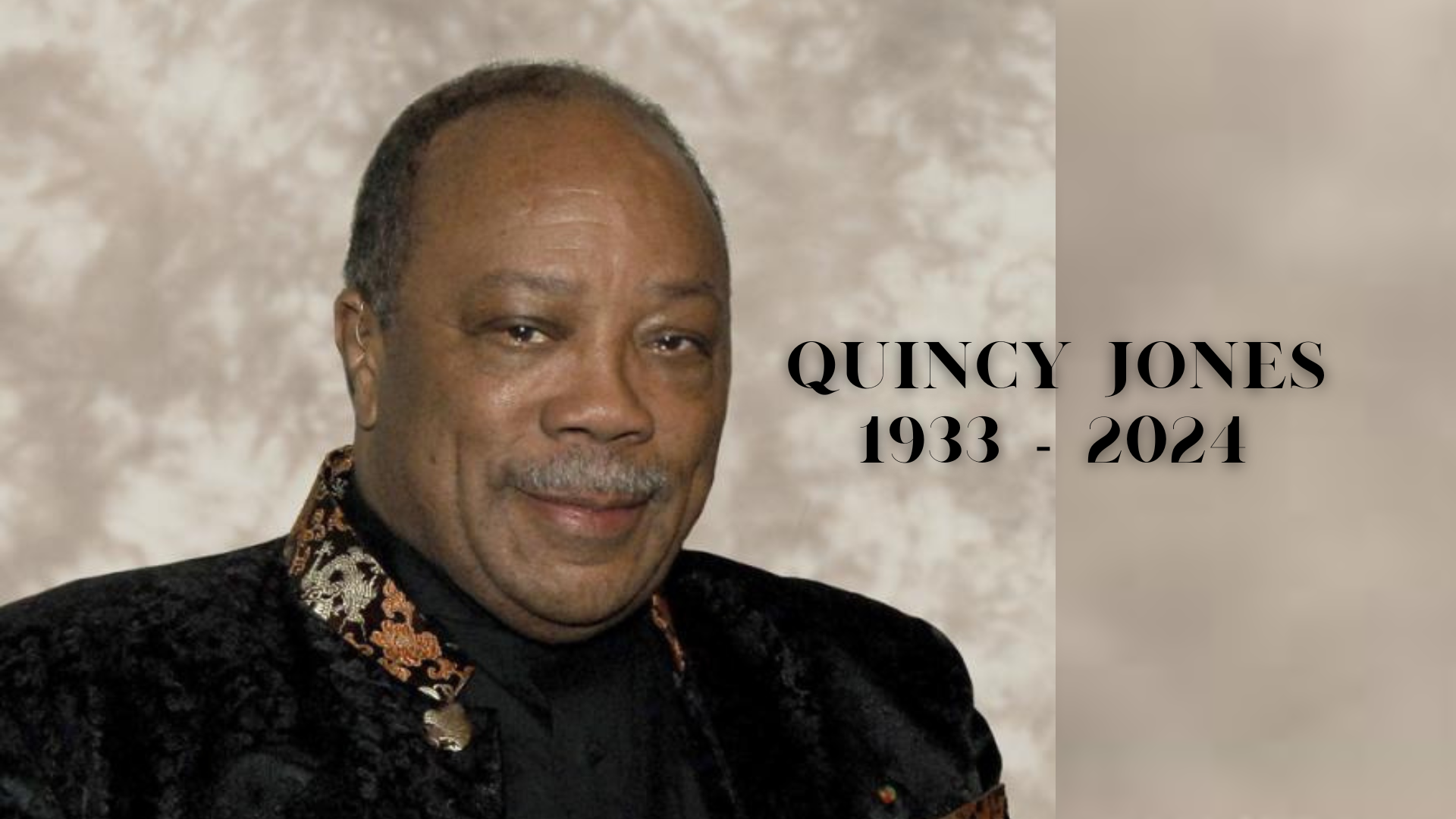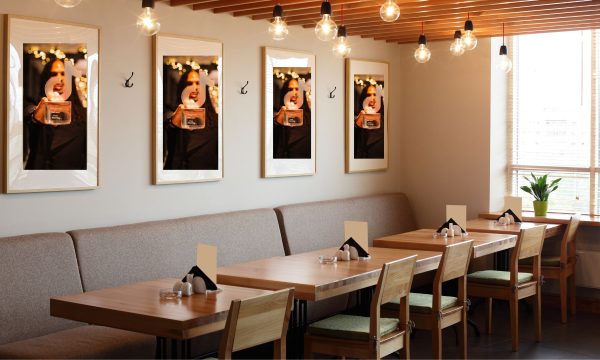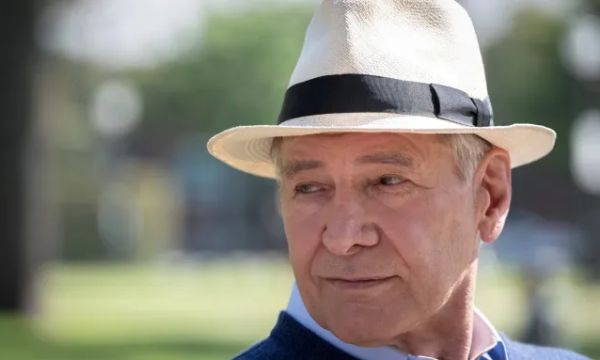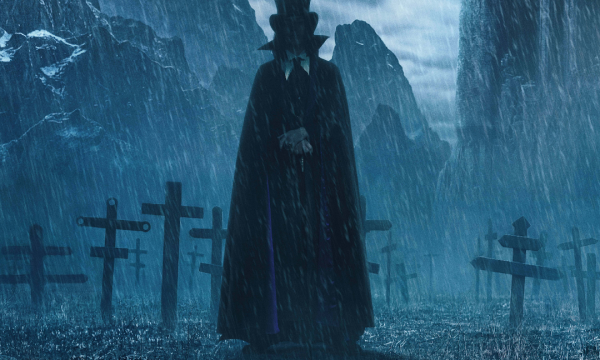Quincy Jones, the multi-talented music giant whose vast legacy ranged from producing Michael Jackson’s historic “Thriller” album to writing prize-winning film and television scores and collaborating with Frank Sinatra, Ray Charles and hundreds of other recording artists, has died at 91. “Tonight, with full but broken hearts, we must share the news of our father and brother Quincy Jones’ passing,” the family said in a statement. “And although this is an incredible loss for our family, we celebrate the great life that he lived and know there will never be another like him.” Jones’ publicist, Arnold Robinson, says he died Sunday night at his home in the Bel Air section of Los Angeles, surrounded by his family. Jones was to have received an honorary Academy Award later this month.
Quincy Delight Jones, Jr. came to prominence in the 1950s as a jazz arranger and conductor before working on pop music and film scores. Jones moved easily between genres, producing all four million-selling hit records for Lesley Gore in the early 1960s, including “It’s My Party,” and serving as an arranger and conductor for several collaborations between the jazz artists Frank Sinatra and Count Basie. In 1968, Jones became the first African American to be nominated for an Academy Award for Best Original Song for “The Eyes of Love” from the film “Banning.“ Jones was also nominated for an Academy Award for Best Original Score for his work on the 1967 film “In Cold Blood,” making him the first African American to be nominated twice in the same year.
Jones produced three of the most successful albums by pop star Michael Jackson: “Off the Wall” (1979), “Thriller (1982), and “Bad” (1987). “Thriller” sold more than 20 million copies in 1983 alone and has contended with the Eagles‘ “Greatest Hits 1971-1975” among others as the best-selling album of all time. “If an album doesn’t do well, everyone says ‘it was the producers fault’; so if it does well, it should be your ‘fault,’ too,” Jones said in an interview with the Library of Congress in 2016. “The tracks don’t just all of a sudden appear. The producer has to have the skill, experience and ability to guide the vision to completion.”
In 1985, Jones produced and conducted the charity song “We Are the World,” which raised funds for victims of famine in Ethiopia. Jones was inducted into the Rock & Roll Hall of Fame in the Ahmet Ertegun Award category in 2013. He was named one of the most influential jazz musicians of the 20th century by Time.
Jones’ accomplishments in music were vast. The list of his honors and awards fills 18 pages in his 2001 autobiography “Q,” including 27 Grammys at the time (now 28), an honorary Academy Award (now two) and an Emmy for “Roots.” He also received France’s Legion d’Honneur, the Rudolph Valentino Award from the Republic of Italy and a Kennedy Center tribute for his contributions to American culture. He was the subject of a 1990 documentary, “Listen Up: The Lives of Quincy Jones,” and a 2018 film by daughter Rashida Jones. His memoir made him a best-selling author.
As a music executive, he overcame racial barriers by becoming a vice president at Mercury Records in the early ’60s. In 1971, he became the first Black musical director for the Academy Awards ceremony. The first movie he produced, “The Color Purple,” received 11 Oscar nominations in 1986. (But, to his great disappointment, no wins). In a partnership with Time Warner, he created Quincy Jones Entertainment, which included the pop-culture magazine Vibe and Qwest Broadcasting. The company was sold for $270 million in 1999.
Jones’ work on the soundtrack for “The Wiz” led to his partnership with Jackson, who starred in the 1978 movie. During the rehearsal process, Jones recalls saying to Jackson; “I would love to take a shot at producing your album. And Michael went back and told the people at Epic Records, and they said, “No way — Quincy’s too jazzy.” Michael was persistent, and he and his managers went back and said, “Quincy’s producing the album.” And we proceeded to make”Off the Wall.” Ironically, that was one of the biggest Black-selling albums at the time, and that album saved all the jobs of the people saying I was the wrong guy. That’s the way it works.
Jones was married three times, the longest to actress Peggy Lipton. He is survived by seven children, including actor Rashida Jones.














